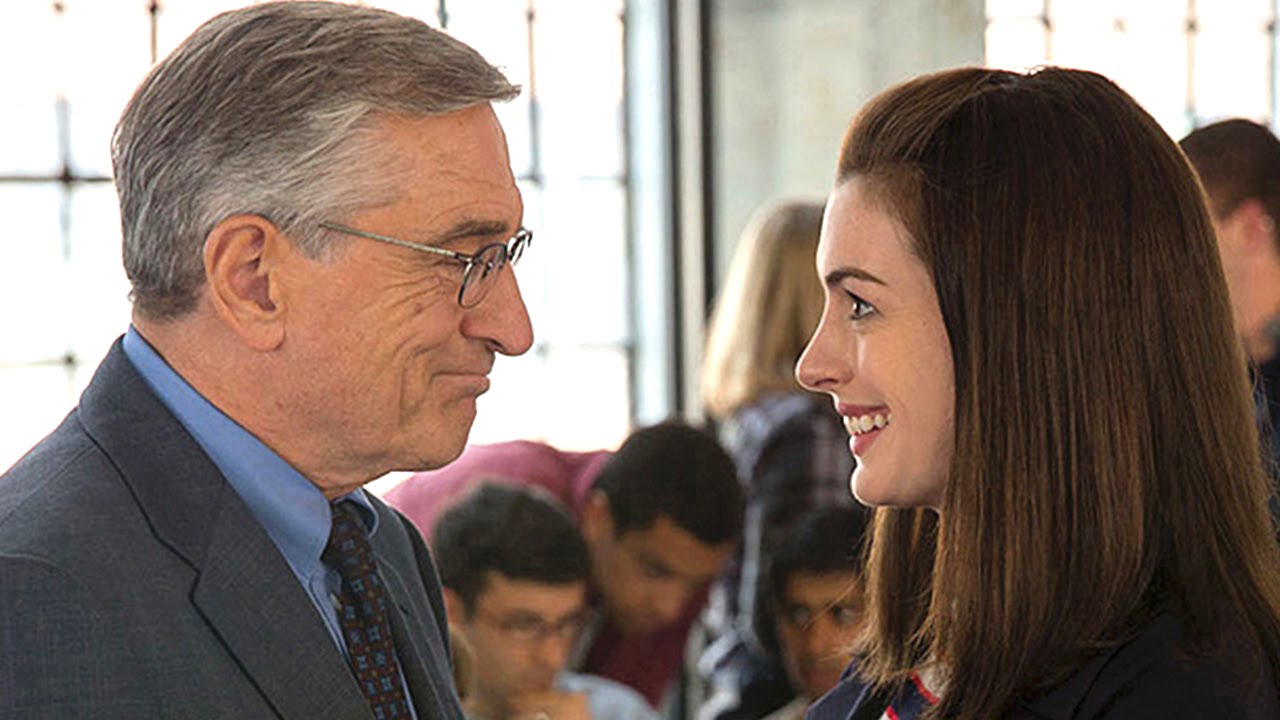Mexican maestro Alejander Inarritu's upcoming release, 'The Revenant', has been garnering rapturous reviews from critics across the board. The verdict: Innaritu follows up his Oscar-winning 'Birdman' with another masterpiece. The film has been touted as a front-runner for major Oscar awards.
Critics have also heaped praise on Leonardo DiCaprio's "searing performance" worthy of an Oscar. One many well ask what else does DeCaprio need to do now to lay his hands on that award that has been eluding the actor over the past decade despite his best efforts to snag it.
The Revenant tells the tale of 1820s explorer and fur trapper Hugh Glass (DiCaprio), who is mauled by a ferocious grizzly bear in the American wilderness and then left for dead by his comrade John Fitzgerald (a captivatingly cold-eyed Tom Hardy). Fitzgerald also kills Hugh’s half-Native American son Hawk (Forrest Goodluck) in front of the crippled Glass. Though brutally mauled to pieces, Glass literally rises from his own grave and sets out across the harsh land in search of Fitzgerald.
Commenting on the film, the Daily Beast says:
Working with famed cinematographer Emmanuel Lubezki (an Oscar winner each of the past two years, for Gravity and Birdman), Iñárritu delivers one breathtaking snapshot of suffering and tenacity after another, in the process making The Revenant the most awe-inspiringly beautiful film of the year. The duo’s camera begins by gliding in and out of a chaotic battle with fluid ferocity, moving in to close-up and out to grand, expansive panoramas (and back again) with a masterful grasp of spatial dynamics.
Such aesthetic virtuosity is ever-present, with Iñárritu and Lubezki crafting a bevy of prolonged single-take centerpieces that vacillate between intense intimacy and large-scale wonder and terror, all of them shot with a naturalistic splendor—the majesty of forests coated in fresh snow, the formidable iciness of roaring rivers, the gnarliness of torn-to-shreds human and animal carcasses—that has a rugged, tactile quality to it. (The Most Breathtakingly Beautiful Film of the Year)
Film magazine Variety, which is less generous in its review, says:
Few prestige directors have so fully committed to the notion of cinema as an endurance test as Alejandro G. Inarritu, and he pushes himself, the audience and an aggrieved 19th-century frontiersman well beyond their usual limits in “The Revenant.” Bleak as hell but considerably more beautiful, this nightmarish plunge into a frigid, forbidding American outback is a movie of pitiless violence, grueling intensity and continually breathtaking imagery, a feat of high-wire filmmaking to surpass even Inarritu and d.p. Emmanuel Lubezki’s work on last year’s Oscar-winning “Birdman.”
Yet in attempting to merge a Western revenge thriller, a meditative epic in the Terrence Malick mold, and a lost-in-the-wilderness production of near-Herzogian insanity, “The Revenant” increasingly succumbs to the air of grim overdetermination that has marred much of Inarritu’s past work: It’s an imposing vision, to be sure, but also an inflated and emotionally stunted one, despite an anchoring performance of ferocious 200% commitment from Leonardo DiCaprio. (Innaritu's Brutal, Beautiful, Yet Emotionally Stunted Epic)









